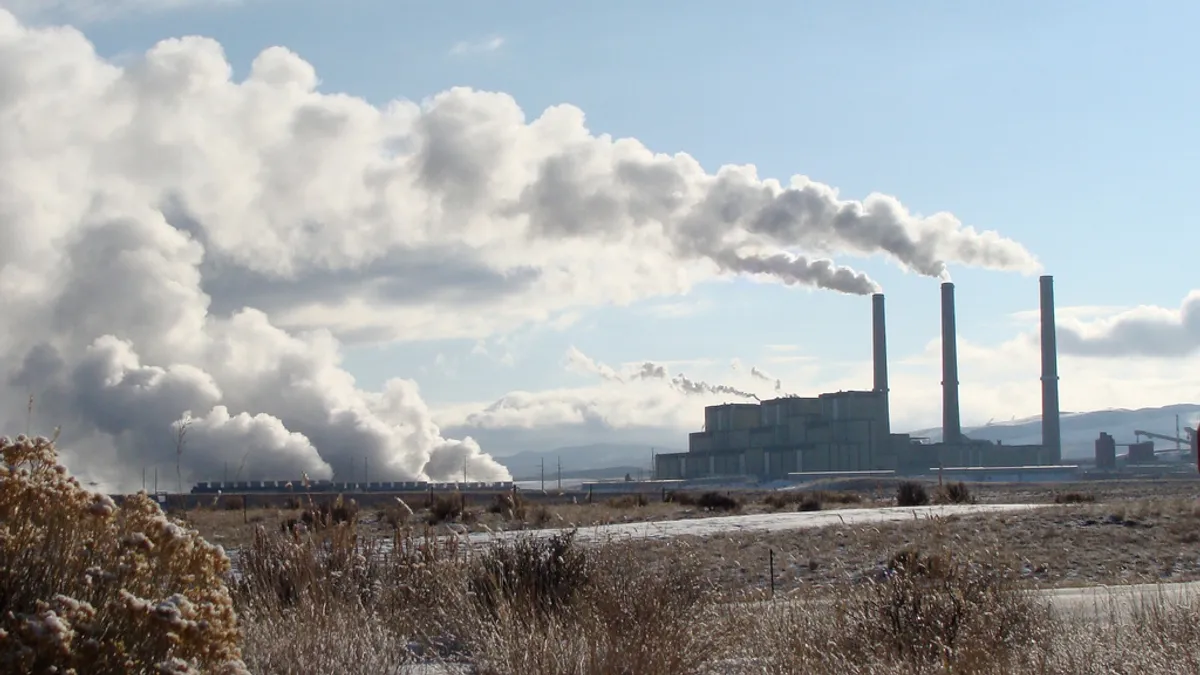Dive Brief:
- ICF International projects 62 GW of coal-fired generation will be retired following implementation of new carbon rules which will begin to go into effect this year, ClimateWire reports. The consultancy and analysis firm released its energy outlook earlier this week.
- Natural gas production continues to outstrip demand, said ICF, and the market enters 2015 "with decidedly bearish price signals." Weaker oil prices will slow growth in U.S. shale oil plays, which also produce large volumes of natural gas.
- The wind industry will still face some uncertainty, although renewable portfolio standards will continue to drive development opportunities in regions where wind energy is otherwise uneconomic.
Dive Insight:
A trio of carbon laws — the EPA's Mercury and Air Toxics Standards rule, Cross-State Air Pollution Rule and Clean Power Plan — will pressure coal-fired generation in coming years, though ICF predicted levels will remain constant through 2020. After that, the firm said "a downward trend will begin as coal loses its dominance in the generation mix. By 2030, the CO2 price will be high enough to force more coal out of the dispatch stack as gas dominates the generation mix."
"The regulatory sands continue to shift under generation owners as the planned compliance date for MATS draws closer, leaving little time to modify compliance and investment decisions," said Chris MacCracken, principal for ICF International. "Despite the continued regulatory uncertainty adding decision risk, regulation and market forces will drive new investment in gas infrastructure, coal export facilities and generation facilities over the next five years."
The consultancy released its ICForecast Energy Outlook last week, predicting wind and solar technologies will continue to dominate the renewable build mix but low capacity factors will keep their share of total generation nearly constant through 2030 and then will increase to approximately 20% by 2040. ICF projected a slight seasonal rise in gas prices, followed by lower prices in 2015, assuming normal winter temperatures prevail.















